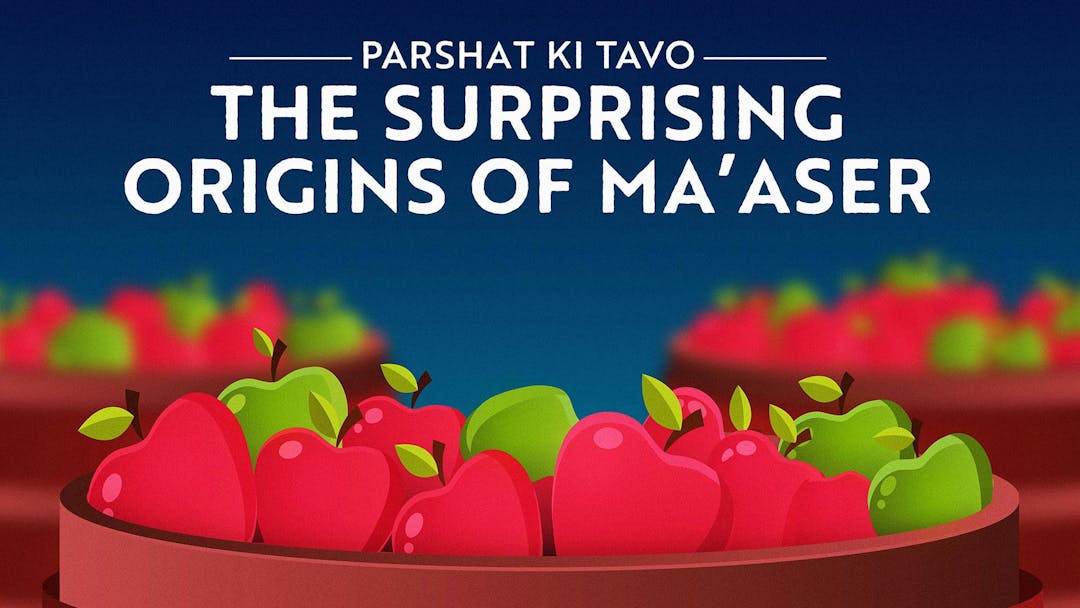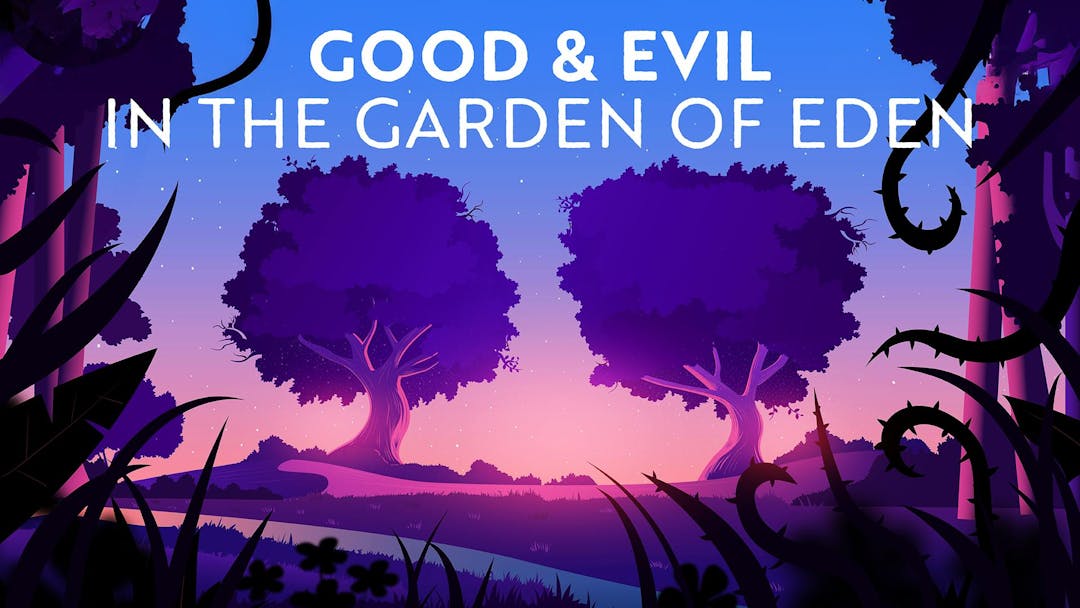Start your free trial today to unlock the full library and enjoy unlimited and uninterrupted access.
Get StartedWhy Do We Celebrate Tu BiShvat
What Happens On Tu BiShvat: The Birthday Of The Trees?
Every year, we celebrate the strange Jewish holiday of Tu BiShvat. According to the Talmud, Tu BiShvat is a "birthday" for all of the trees born in the previous year. And not just a birthday – it is really a “new year” for the trees. How odd is that?
Many people celebrate it by gathering together for a Tu BiShvat seder with figs, dates, and other delicious Israeli fruits. That stuff is all fun – don't get us wrong – but what does it have to do with Judaism or God? It doesn't sound particularly spiritual... What sets Tu BiShvat apart from Arbor Day?
If you want to know how to connect meaningfully to God on Tu BiShvat, watch this video and find out for yourself. In this video, Imu Shalev breaks down this strange holiday to uncover what Tu BiShvat really means to us today, and how it's about showing gratitude to our Creator for the fruits of the trees.
Want to watch the full video for free?
Enter your email and we’ll send you a link to watch the full series free.
What is Aleph Beta?
Aleph Beta is a unique kind of Torah library. Led by our founder, Rabbi David Fohrman, we are dedicated to high-level, textual Torah learning for adults that is intellectually and spiritually sophisticated, that enlivens your Jewish practice and helps you forge a deeper connection to God. Whether you’ve been learning in yeshiva for years or you’re just beginning your Torah journey, you’re sure to find something meaningful and surprising waiting for you here.
Browse our library of over 1,000 beautifully produced animated videos, podcasts, deep dive courses, and printable guides. Topics include the weekly parsha, Jewish holidays & fast days, laws & mitzvot, prayers, relationships, big philosophical ideas and more. Have something to say at the Shabbos table that will amaze your family and guests and bring deep meaning into their lives.











